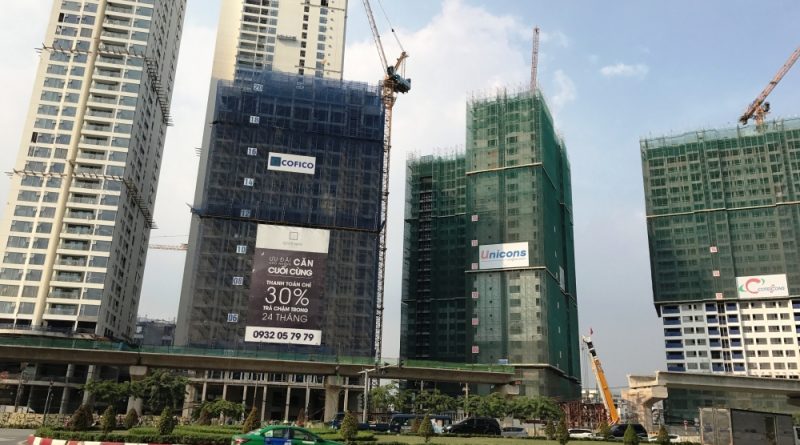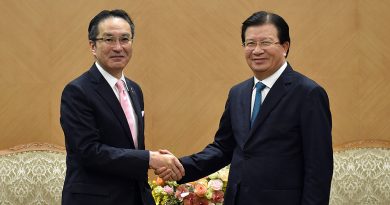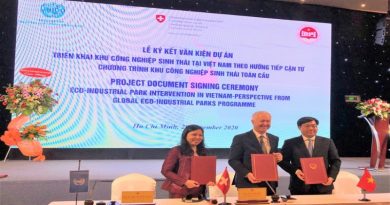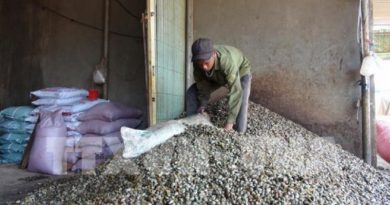Japanese investors optimistic about Vietnam
According to the Japan External Trade Organization (JETRO), Japanese companies invested more than US$8.6 billion in Vietnam in 2017, a sevenfold increase compared with 2016. This accounted for more than one-third of total foreign investment in Vietnam last year, placing Japan at the top of the list of foreign investors.
Higher profit
The results of a recent survey carried out among 652 of the 2,540 Japanese companies currently operating in Vietnam show that 88 percent of these companies run profitable businesses, while more than 70 percent intend to expand operations in the future.
Chief Representative of JETRO in Ho Chi Minh City, Takimoto Koji, attributed the growth of Japanese investment in Vietnam to projects in the field of infrastructure for power generation, electronics, real estate and fiber production. Investment in other areas, such as warehousing, transportation, accommodation and catering services, and construction, also increased. These changes are expected to continue in 2018.
Japanese companies in Vietnam export their products mostly via Japan, the EU and China. From a manufacturing hub, China is becoming a sales center and this is a potential market for Vietnamese exporters.
Optimism about investment
Japanese companies believe Vietnam, with a population of nearly 100 million, will remain an attractive investment destination in the short and long term. The sociopolitical situation in Vietnam is stable, and the Vietnamese government has sound reform policies to facilitate investment, Takimoto Koji said.
According to the Japanese Business Association in Ho Chi Minh City, many companies intend to invest in Vietnam. Apart from support industries, they want to invest in services, transportation, tourism and high-tech agriculture. Japan expects to see overseas investment by about 10,000 small and medium enterprises. Compared with other countries, Vietnam attracts the greatest attention of Japanese investors.
Japanese companies believe there are opportunities for them to increase investment in Vietnam. Political stability and low labor costs are Vietnam’s comparative advantages. However, they are afraid labor costs will grow. Japanese companies also complain that the Vietnamese legal system remains inadequate and still lacks transparency, and tax-related procedures are complicated.
Japanese companies also still encounter difficulties in seeking material and component supply sources in Vietnam. A JETRO survey shows that Japanese companies in Vietnam could obtain only 33.2 percent of material and component needs from local sources in 2017, compared to 67 percent in China, nearly 57 percent in Thailand, and more than 45 percent in Indonesia. Even of this 33.2 percent, supplies by Vietnamese companies account for less than 50 percent. This explains why the surplus value of export products remains low. Japanese investors are thus urging the Vietnamese government to formulate appropriate policies to promote support industries.
Source: Vietnam Economic News





